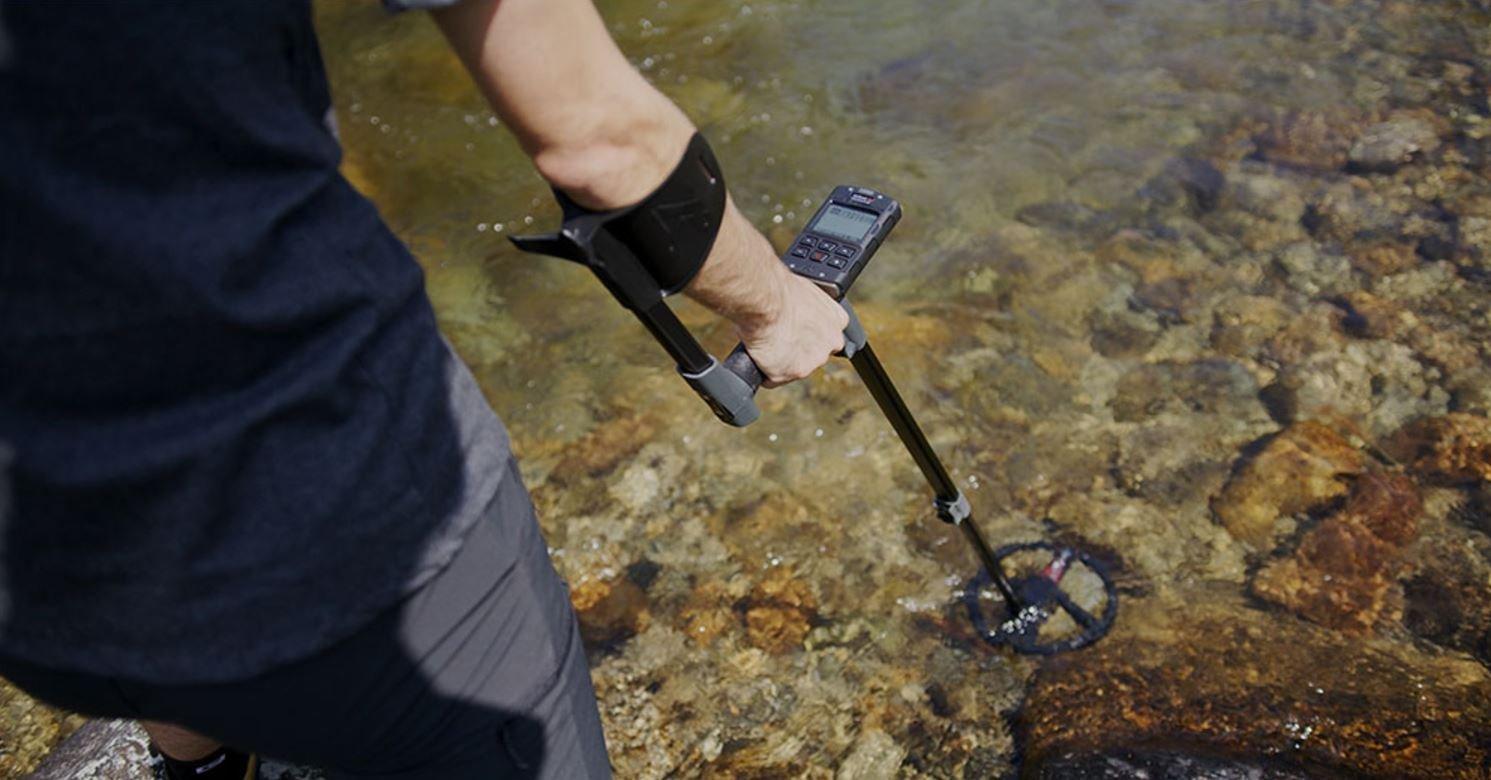Night Time Metal Detecting Tips: Hunt Smarter After Dark

Metal detecting at night offers a completely different experience — the world is quieter, distractions fade away, and you can focus on the faintest signals from your detector. For many detectorists, the thrill of hunting under the stars brings a new level of excitement and discovery. But nighttime detecting also comes with its own challenges. To stay safe and effective, you’ll need the right preparation, tools, and techniques. Here are the best night time metal detecting tips to help you hunt smart and find more after dark.
1. Prepare Your Gear Before You Go
Night detecting demands extra planning. Set up everything before you leave to avoid fumbling in the dark later.
Checklist:
-
Fully charged metal detector and pinpointer.
-
Headlamp or LED flashlight (preferably with red or green light to preserve night vision).
-
Extra batteries or power banks for all devices.
-
Backpack or utility belt to carry your gear safely.
💡 Pro Tip: Test all your lights and detector settings at home before heading out. A low battery or malfunction in the dark can ruin your hunt.
2. Choose the Right Location
Not every area is suitable for night detecting. Pick safe, legal, and easily accessible spots.
Ideal locations:
-
Beaches and shorelines (quiet and easy to navigate).
-
Local parks or fields (if permitted).
-
Campsites or picnic areas (often have dropped coins or jewelry).
Avoid remote woods or unknown private land unless you’ve scouted the area in daylight.
💡 Pro Tip: Always check local regulations — some public areas restrict detecting after sunset.
3. Use Proper Lighting Wisely
Lighting is crucial, but too much can ruin your night vision or attract unwanted attention.
-
Use a headlamp so your hands stay free.
-
Opt for red or green light modes — they’re less harsh on your eyes and more discreet.
-
Keep a small flashlight handy for digging or checking finds.
💡 Pro Tip: Point your light downward to reduce glare and maintain awareness of your surroundings.
4. Dress for Safety and Comfort
Temperatures drop quickly at night, and visibility is limited — so wear gear that keeps you safe and comfortable.
-
Reflective clothing or armbands so others can see you.
-
Long sleeves and pants to protect against insects or sharp objects.
-
Sturdy shoes or boots for uneven terrain.
-
Lightweight gloves for better grip and safety during digging.
💡 Pro Tip: Carry insect repellent and a small first-aid kit — just in case.
5. Mark Your Finds and Path
It’s easy to lose track of where you’ve been in the dark. Mark your path and finds clearly.
-
Use glow sticks or reflective markers to outline your search area.
-
Mark each find spot with a small flag or digital pin on your GPS app.
-
Consider using metal detecting grid apps to record your path in real-time.
💡 Pro Tip: Apps like Tect O Trak or OnX Hunt can map your search area and log coordinates of your discoveries.
6. Adjust Your Detector Settings
Nighttime brings quieter surroundings, which can help you hear faint signals better.
-
Lower your sensitivity slightly in areas with electrical interference (streetlights, power lines).
-
Use headphones to clearly hear faint tones.
-
Experiment with discrimination and ground balance before starting.
💡 Pro Tip: Wireless headphones with LED indicators off are ideal — they reduce visible light and improve stealth.
7. Work Slowly and Systematically
In the dark, it’s easy to miss patches or double back unintentionally. Move slowly and stick to a pattern.
-
Use a grid or circular search to cover areas efficiently.
-
Make slight overlaps between sweeps.
-
Double-check weak signals — they’re often the hidden treasures.
💡 Pro Tip: Keep your detector coil low and steady; uneven swings are common in the dark and can reduce depth accuracy.
8. Stay Alert and Aware
Safety should always come first. At night, you must be extra cautious.
-
Always inform someone where you’re going and when you’ll return.
-
Bring a friend or fellow detectorist for safety and teamwork.
-
Keep your phone charged and use offline maps for navigation.
-
Be aware of wildlife, tides (on beaches), and uneven ground.
💡 Pro Tip: Avoid wearing headphones with noise cancellation — you need to stay alert to your surroundings.
9. Keep It Discreet and Respectful
Nighttime detecting often draws curiosity. Be respectful to nearby residents and property.
-
Keep lights dim and noise to a minimum.
-
Avoid private property unless you have written permission.
-
Fill in your holes properly — even if no one is watching.
💡 Pro Tip: A professional, respectful approach ensures you’re welcome to detect again.
10. Review and Record Your Finds
After your hunt, review what you’ve discovered. Night detecting can yield surprising results — often missed by others during the day.
-
Log your finds with location, depth, and time.
-
Clean your equipment and recharge all devices for the next outing.
-
Reflect on what worked well and what could improve next time.
💡 Pro Tip: Keep a small “finds diary” to track patterns and productive spots for future hunts.
Final Thoughts
Night Time Metal Detecting Tips at night adds a sense of adventure that’s hard to match during the day. The peace, focus, and thrill of discovery make every signal more exciting. With proper lighting, planning, and safety precautions, you can uncover treasures while the world sleeps.
So grab your gear, plan your route, and step into the dark with confidence — your next great find might just be waiting under the moonlight.
- Art
- Causes
- Crafts
- Dance
- Drinks
- Film
- Fitness
- Food
- Jeux
- Gardening
- Health
- Domicile
- Literature
- Music
- Networking
- Autre
- Party
- Religion
- Shopping
- Sports
- Theater
- Wellness




